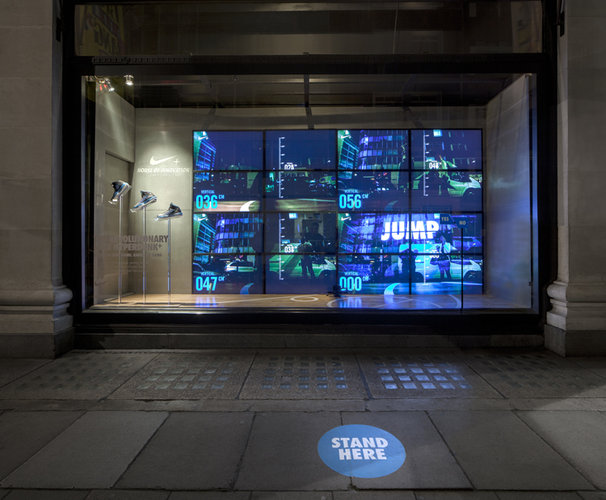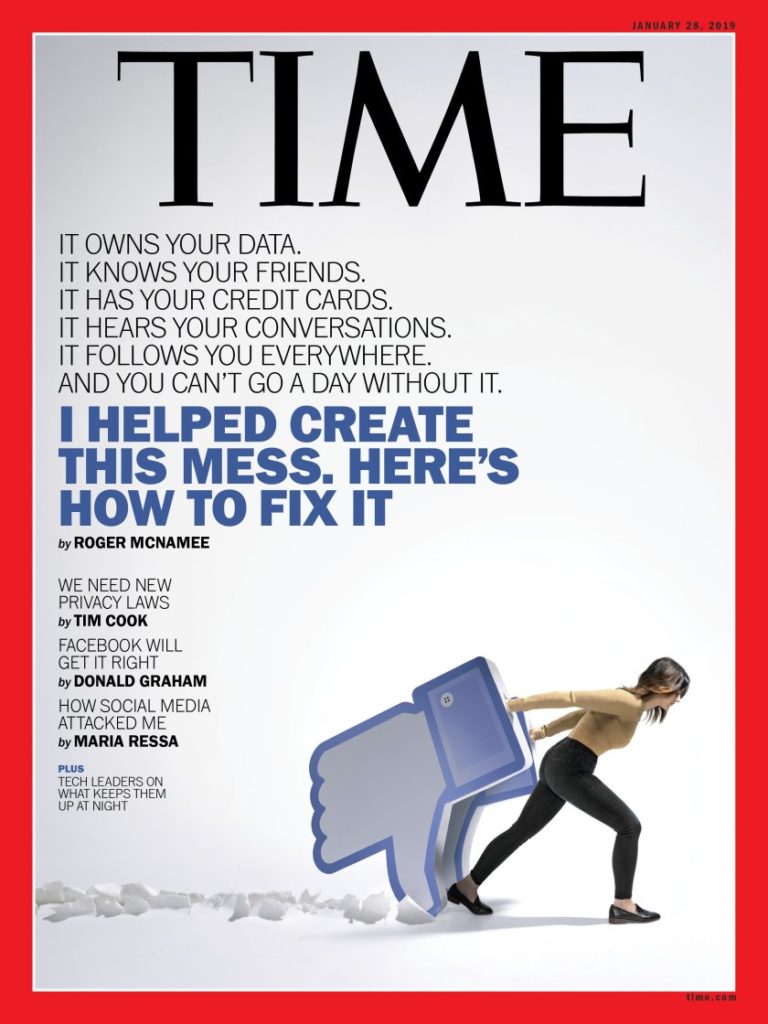
Creativity needs limits, like when it happens within a window frame. Accomplishing anything worthwhile needs limits too. But it’s remarkable how little what we hope to achieve is constrained by our limited resources and true priorities.
When you step outside and it’s 109 degrees in the full bloom of humidity, those limits are dictated by the weather—and it’s a sweaty, grungy mess to fight them. The only workable solution is to pare back, accept what you cannot change and adapt to it. What a relief it was recently to put some of my “To Do List” items into a box called “September.”
Our hopes seldom conform to reality however. In watching the presidential candidate debates this week, many of the visions on display seemed unconstrained by limits. Limited tax dollars. Limited attention spans. Limited appetites for 4 more years of disruption.
30 seconds to respond to a complicated debate question deprives every answer of context, but even when you dig into these politicians’ policy pronouncements, they tend to be individual, grand proposals as opposed to a considered appraisal about how all of their promises could ever be realized. A workable vision says: “I’m going to try to achieve this one big thing with the understanding that I won’t be able to accomplish this, this and that.” Instead, with many candidates, it seems like they want us to believe that they’ll deliver every pie they’re throwing into the sky.
In one of the working chapters of my book, I ask readers to use their journals to list the 10 most important things they are working for. As examples, I propose things like: sending your kids to the right school, buying a home of your own, or having enough time each day to play with your dog. Limiting your choices to 10 is the challenge, because what doesn’t make your list is as critical as what does. Since none of us can “have it all,” the reality (and the magic) comes from how you negotiate the trade-offs. You are deciding what is most important to you and, by necessity, what is less so.
While thinking about writing to you this week, I came across the following on Twitter. It is from the Collaboration Fund, a venture capital firm based in New York City that describes what it does with a clever tagline: collaborative = (people x stuff) + new technologies ^ creativity. On July 24, @collabfund posted these alternate ways of feeling rich:
Alt forms of rich:
You can go to bed and wake up when you want to.
You can buy any book you want.
You have time to read those books.
You have time to exercise.
A short commute.
No dress code seven days a week.
Liberal use of the thermostat.
Somebody @collabfund was using the month of August to look at what is important to them, and (it seems) what is less so.

Department store windows present endless opportunities to maximize creativity within limits. It’s what’s included and everything that’s not.
By necessity, you have to tell your story within the window’s frame, and one of the genius elements in this Nike campaign is how they’ve interactively included everyone who is walking by in their frames. The image on the top of the page shows the designers inviting passersby to stand on the illuminated spot, jump as high as they can, and see their effort—in comparison to every other effort—light up on the window’s scoreboard. The step-by-step wave action of the colored balls above is another demonstration of how much can be accomplished within the farther limits of a street-facing window.
This is also the genius in every values framework, whether it belongs to Montaigne, Spinoza or Henry Adams (three that resonate strongly with me) or in the working equivalents that everyone who grapples with a “most important to me” exercise comes up with. It’s a winnowing of priorities.
Frameworks like this generally start with one or two key values that dictate the kinds of things that people identify as foundational for them. If you start with a value like “personal freedom,” certain priorities tend to follow. “Material security” would have you pursuing a very different set of goals with your limited time and effort, while “a healthy world” would yield other benchmarks, like lots of exercise and time outside..
Once you adopt a values framework that fits you, its discipline imposes the necessary limits. If I am focusing my energy and resources on this, I either cannot do this other thing at all, or have already accepted that it will be accomplished with the time and energy I have left. When it’s operational, a values framework imposes its equilibrium like a 109-degree day.
One of the reasons I became interested in ethics is that sometimes/ oftentimes I want to accomplish everything I’ve put on my plate. It’s a recipe for meltdown because you’re always behind your own 8-ball. So at the same time that I’m drawn to ambitious people with compelling visions, I’ve learned the hard way to be skeptical when it sounds like too many dreams and too little reality.
This hard-fought wisdom is why I loved parts of Christopher Demuth’s recent speech to conservative policy makers. Demuth is a distinguished fellow at the Hudson Institute, an organization that “challenges conventional thinking and helps manage strategic transitions to the future.”
Demuth’s speech was about the advantages of nationalism, and I found that it effectively challenged my more conventional thinking, particularly when he said:
An important virtue of the nation-state is that it is a constraint. The contemporary peaceable nation takes what it is given—its borders and territory and resources, its citizens and tribes, its affinities and antagonisms, its history and traditions and ways of getting along—and makes the most of them….
One of the most arresting features of modern life in the rich democracies is the pervasive rejection of the idea of natural constraint. One sees this throughout culture high and low, social relations, and politics and government. Where a boundary exists, it is there to be transgressed. Where a hardship exists, it must be because of an injustice, which we can remedy if only we have the will. Today’s recipe for success and happiness is not to manage within limits and accommodate constraints, but to keep one’s options open….
I do not know where this impulse came from. Perhaps wealth and technology have relieved so many age-old constraints that we have come to imagine we can live with no constraint at all. Whatever the cause, it is a revolt against reality. Resources are limited. Lasting achievement is possible only within a structure. My own favorite field, economics, is out of favor these days, but it has at least one profound truth, that of opportunity cost: Everything we do necessarily involves not doing something else….
The American nation-state is rich, powerful and less constrained than any other, yet it is much more constrained than we have led ourselves to believe. Thinking of ourselves as a nation-state is, as Peter Thiel has observed, a means of unromantic self-knowledge. National conservatism, by directing our attention to our nation as it is—warts, wonders and all—is a means of reminding ourselves of our dependence on one another in the here and now, and of facing up to the constraints that are the sources of productive freedom.
Does this mean we can’t aspire to do better within our national boundariess? Of course not. At the end of the day, it simply means that in governance—as in our lives and work—it is a question of advancing productively on what’s most important to us much closer to home.
In this regard, I’d argue that those who aspire widely and dream expansively in politics are like the dissenters in my June 3 and June 10, 2018 posts, pulling “the less-decided middle” in their direction. On the other hand, these dissenters are rarely the ones who can also bring enough citizens together so we can move forward and actually accomplish something. That kind of consensus building requires a different skill set entirely, and it’s that unromantic man or woman who can help us “manage within our limits” that I’m hoping to find in the current crop of candidates.
As for my priorities as a citizen, I believe that above all else the franchise that is American democracy needs to be re-built. While one exception for me to Demuth’s nation-focus would be climate-change (given its global reach and implications), my over-arching citizen priority is to rebuild this country’s internal dynamics. To do so, economic policies that actively support thriving communities and families need to be implemented, with active contributions coming from businesses and employers in the ways that they used to after World War II. I agree with several of Oren Cass’s and Shoshana Zuboff’s observations in these regards, discussing his ideas in A Winter of Work Needs More Color and both of their ideas in The Social Contract Around Our Work is Broken, posts from earlier this year.
Within the frame of thriving communities and families, we’d go to work rebuilding our public infrastructure of roads, bridges, dams, harbors, airports and other mass transit because we depend on our built environment everyday–and it’s falling apart. Our social foundations could also be strengthened in various ways by new, clean energy policies.
Wall Street Journal columnist Greg Ip recently argued for pursuing cleaner energy through market mechanisms like taxes and emissions caps instead of massive government interventions that gamble (often wrongly) when picking winners in a complex marketplace like this and end up being many times more costly.
To many Green New Deal advocates [who want to eliminate fossil fuels altogether in the short term and throw the full weight of the government behind that effort], this isn’t good enough. Replacing coal with natural gas only reduces carbon-dioxide emissions; it doesn’t eliminate them. [However,] this misses the point. The climate doesn’t care if we eliminate a ton of carbon dioxide by replacing coal with natural gas or solar power. But taxpayers and consumers do care. So long as money is limited, each dollar should purchase the largest emission reduction possible. And the market will always be vastly better at this than regulators because it will find solutions that regulators have never thought of.
Once again, his argument is for acting as productively as possible within our limits. Not only will taxpayers appreciate the thrift in this approach, but with the appropriate policy signals, more local jobs can also be created as clean energy companies learn how to grow within these new policy boundaries, producing financial benefits (like fuller employment and better jobs) along with non-financial ones (like confidence, optimism and greater well-being) for American communities and families.
In the end, my priorities may not be your priorities—and they don’t have to be. What’s essential is deciding “what’s more and less important to you” and identifying leaders who will practice the art of the possible while realizing your shared priorities.
It’s a discipline of limits that frames the good work of every citizen.

If you’re interested in the creativity within limits that was achieved in the window displays that Staat designed for Nike, here is a link to a video that shows some of their interactive elements.
The book I’ve been writing is an extended conversation on how your work ethic determines the work that you do (and don’t do) and how working within the limits of your priorities energizes your life, even when you’re not working.
Thanks for your reactions to these posts every week. Thanks too for continuing to recommend this newsletter to friends and colleagues. I’ll see you all next week.
This post was adapted from my August 4, 2019 newsletter. When you subscribe, a new newsletter/post will be delivered to your inbox every Sunday morning.


